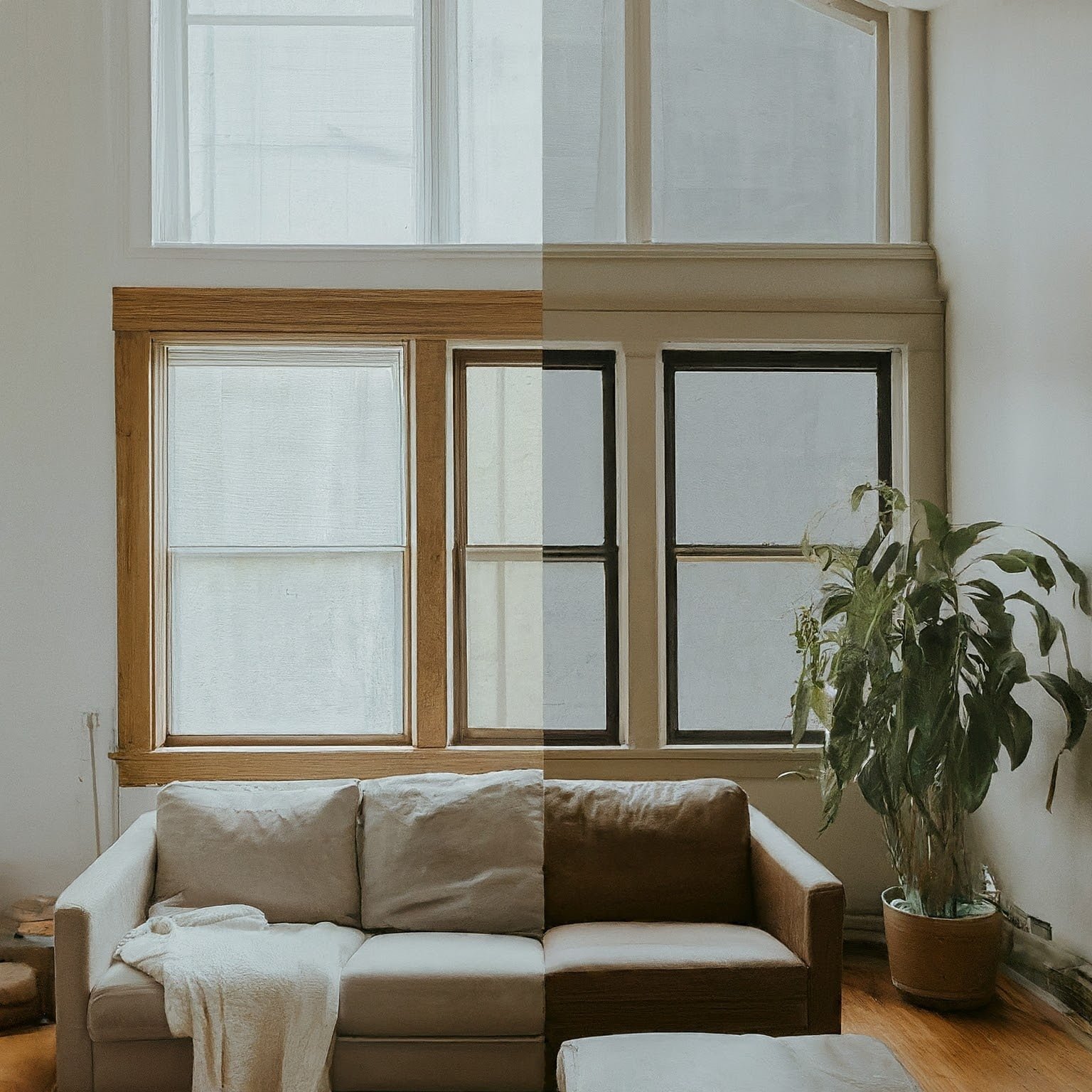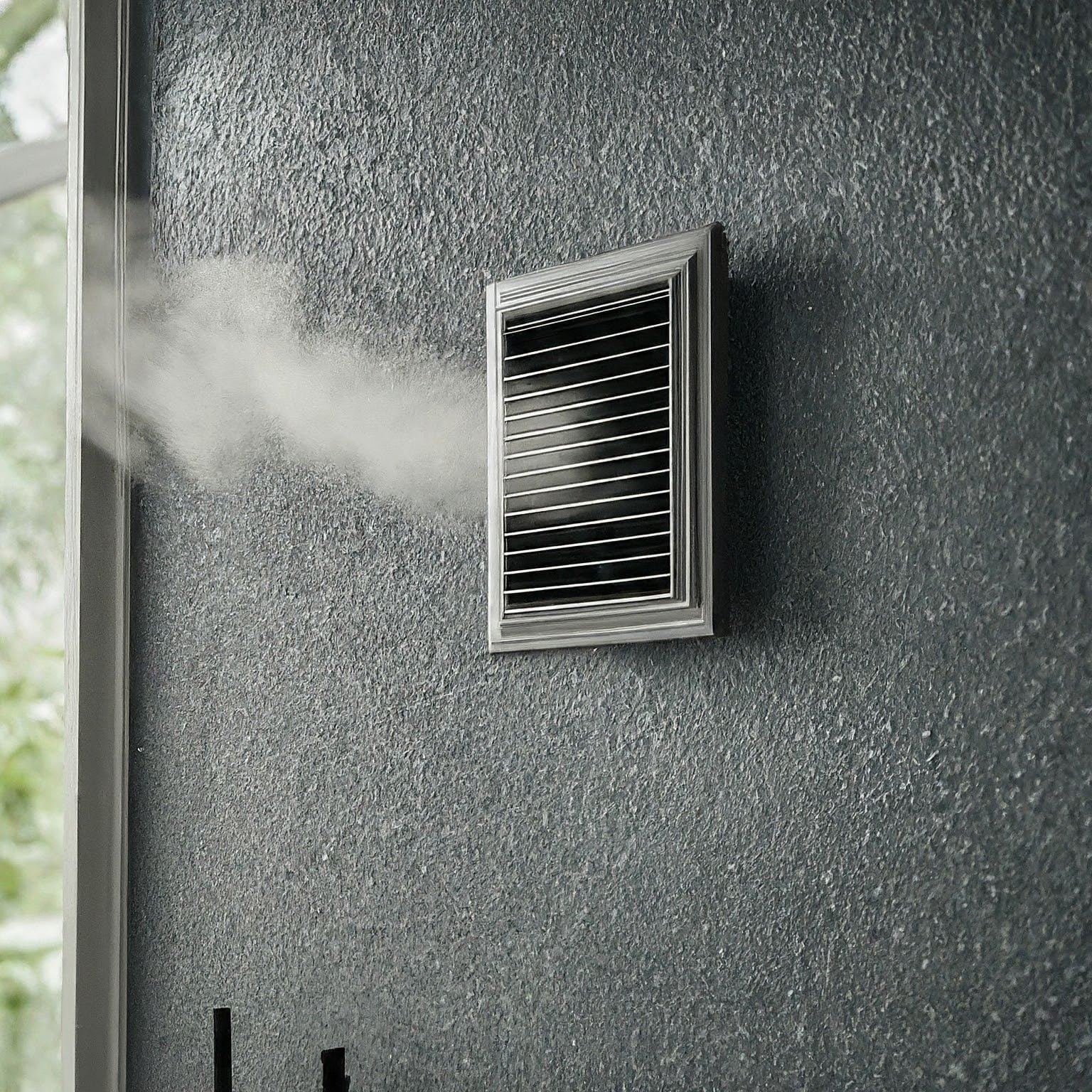Breathe Easy: Top Ways to Improve Air Quality in Home (McLean, Arlington, Bethesda, Potomac)
Living in a place with fresh, clean air is essential for good health and overall well-being. But dust, allergens, smoke, and other pollutants can build up inside your home, making the air stuffy and potentially harmful. The good news is there are simple and effective steps you can take to improve your indoor air quality, no matter where you live in the D.C. metro area, be it McLean, Arlington (Virginia), Bethesda, Potomac (Maryland), or even Georgetown DC and Rockville (Maryland).

How to Improve Air Quality in Home
Here are some key strategies to create a healthier breathing environment in your home:
- Fresh Air is Key: Let the fresh air in! Open windows and doors whenever possible, especially on nice days. This helps to dilute and remove pollutants that have accumulated indoors. If you live in an area with high outdoor air pollution, be mindful of pollen counts and consider using a high-quality air filter when opening windows.
- Be a Cleaning Champion: Dust, pet dander, and other allergens can irritate your lungs. Regular cleaning is vital. Vacuum carpets and rugs at least once a week, using a HEPA filter if possible. Dust furniture frequently with a damp cloth to trap allergens instead of stirring them up. Don’t forget to wash bedding and throw pillows in hot water (at least 130°F) to kill dust mites.
- Give Your Air Filters Some TLC: Heating, ventilation, and air conditioning (HVAC) systems have air filters that trap dust and debris before they circulate throughout your home. Replace these filters regularly according to the manufacturer’s instructions. Clogged filters become less effective and can even restrict airflow in your HVAC system.
- Fight Moisture with Ventilation: Excess moisture can lead to mold growth, which can trigger allergies and respiratory problems. Run exhaust fans in bathrooms and kitchens during and after use to remove steam and moisture. Consider using dehumidifiers in basements or crawl spaces to control humidity levels, ideally aiming for a range of 30-50%.
- Say No to Smoking Indoors: Smoking indoors is a major source of air pollution. If you or someone in your household smokes, encourage them to smoke outdoors. This will significantly improve the indoor air quality for everyone.
- Consider Air Purifiers: Air purifiers can be helpful in removing airborne pollutants like dust, pollen, and smoke. Look for air purifiers with HEPA filters for maximum effectiveness.
- Go Green with Houseplants: Certain houseplants can actually help improve air quality by absorbing pollutants. Plants like snake plants, spider plants, and peace lilies are popular choices.
Increase Airflow:
- Leave interior doors open:
- This allows air to circulate throughout your home, helping to dilute and remove pollutants that might be concentrated in specific rooms.
- Open windows and doors when outside conditions permit: Fresh air is a powerful tool for improving air quality. Open windows and doors whenever possible, especially on nice days, to bring in fresh air and expel stale air. If you live in an area with high outdoor air pollution, be mindful of pollen counts and consider using a high-quality air filter when opening windows.
- Use bathroom and kitchen fans: These fans are designed to remove moisture and pollutants from the air. Run them during and after use to prevent buildup of steam, smoke, and cooking odors.
- Enhance Filtration and Cleaning:
- Be a cleaning champion: Dust, pet dander, and other allergens can irritate your lungs. Regular cleaning is vital. Vacuum carpets and rugs at least once a week, using a HEPA filter if possible. Dust furniture frequently with a damp cloth to trap allergens instead of stirring them up. Don’t forget to wash bedding and throw pillows in hot water (at least 130°F) to kill dust mites.
- Give your air filters some TLC: Heating, ventilation, and air conditioning (HVAC) systems have air filters that trap dust and debris before they circulate throughout your home. Replace these filters regularly according to the manufacturer’s instructions. Clogged filters become less effective and can even restrict airflow in your HVAC system.
- Keep baseboards or heating vents clear of furniture: Blocked vents restrict airflow and can prevent efficient circulation of clean air throughout your home.
- Control Moisture and Consider Extras:
- Fight moisture with ventilation: Excess moisture can lead to mold growth, which can trigger allergies and respiratory problems. Run exhaust fans in bathrooms and kitchens during and after use to remove steam and moisture. Consider using dehumidifiers in basements or crawl spaces to control humidity levels, ideally aiming for a range of 30-50%.
- Keep beds, bedding and furniture away from outside walls to allow enough air and heat flow around furnishings: This helps prevent moisture buildup and condensation, especially on cold exterior walls.
- Say No to smoking indoors: Smoking indoors is a major source of air pollution. If you or someone in your household smokes, encourage them to smoke outdoors. This will significantly improve the indoor air quality for everyone.
- Consider air purifiers: Air purifiers can be helpful in removing airborne pollutants like dust, pollen, and smoke. Look for air purifiers with HEPA filters for maximum effectiveness.
- Go green with houseplants: Certain houseplants can actually help improve air quality by absorbing pollutants. Plants like snake plants, spider plants, and peace lilies are popular choices.

Bonus Tip for the D.C. Metro Area: During high pollen seasons, keeping windows closed and relying on your air conditioner with a clean HEPA filter can be a good strategy.
Breathe Easy with Local Help:
Looking for professional help with improving your home’s air quality in the D.C. metro area? Many remodeling service providers in McLean, Arlington (Virginia), Bethesda, Potomac (Maryland), Georgetown DC, and Rockville (Maryland) can offer air quality testing, recommend solutions, and even install air filtration systems.
By following these tips and considering professional services if needed, you can create a healthier and more comfortable living environment for yourself and your family.

Recent Comments